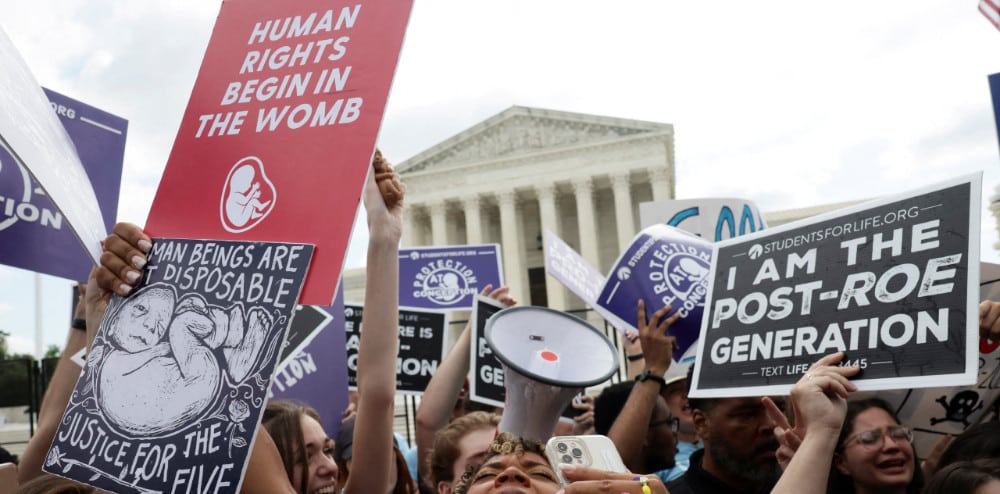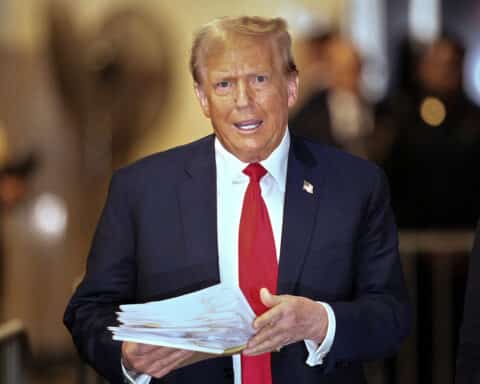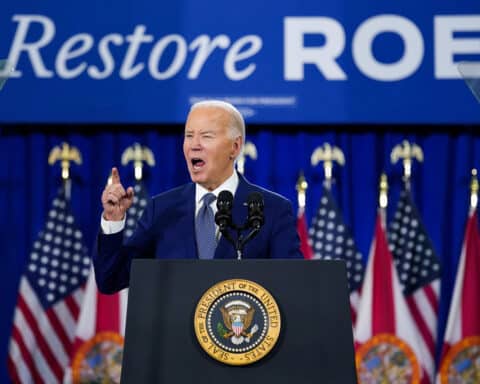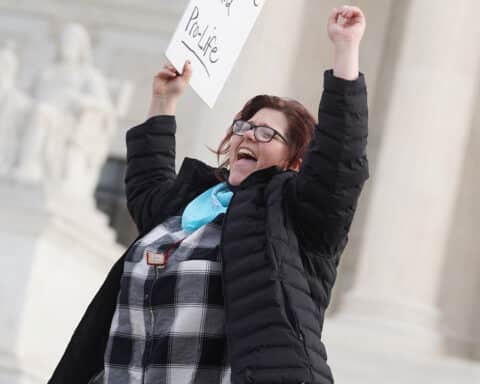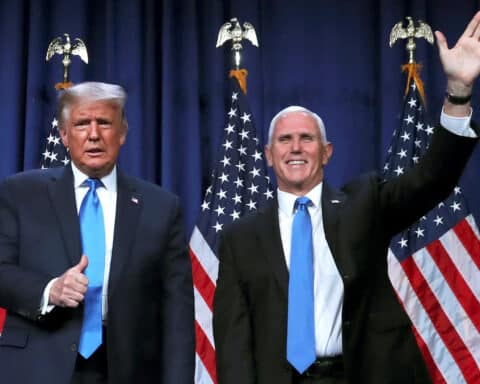If the pro-life movement had a middle name, it would be perseverance.
It has now been 30 years since Cardinal Joseph Bernardin, then archbishop of Chicago, approached me to inquire if I would be willing to direct the Respect Life Office of the archdiocese. At the time, the Supreme Court had only recently handed down its last major abortion ruling — Planned Parenthood v. Casey, in 1992.
In more ways than one, Casey was a disaster for the pro-life movement. While it, thankfully, jettisoned the outdated “trimester framework” of Roe v. Wade, the plurality decision in Casey left states with a muddled “undue burden” standard that was almost completely unworkable in practice. This was the test by which all state abortion regulations had to be measured: If the law placed an undue burden on a woman’s right to choose abortion before viability, it was unconstitutional. But what presents a burden to one woman seeking an abortion might not be burdensome whatsoever to another.
This lack of clarity allowed abortion advocacy organizations like the ACLU and Planned Parenthood to tie the hands of state legislatures nationwide, as they continually litigated the constitutionality of proposed state laws. Even when there was a strong likelihood the law would be upheld, they challenged them in court anyway, claiming that whatever the proposed law was, it imposed an “undue burden” and was, therefore, entitled to judicial review. The tactic could delay even the most reasonable, incremental and popular state restrictions for years.
It had been hoped that Casey would overturn Roe v. Wade, as Roe had been the subject of almost constant criticism from constitutional law scholars, many of whom were pro-choice, since the day it was handed down in 1973.
For example, John Hart Ely taught constitutional law at Yale and Harvard and served as the dean of Stanford University’s law school. He is one of the most frequently cited legal scholars in American jurisprudence, ranking not far behind Oliver Wendall Holmes. He was also a supporter of abortion’s legalization.
In an article published in Yale’s law journal entitled, “The Wages of a Crying Wolf: A Comment on Roe v. Wade,” Ely noted, “What is frightening about Roe is that this super-protected right is not inferable from the language of the Constitution, the framers’ thinking respecting the specific problem in issue, any general value derivable from the provisions they included, or the nation’s governmental structure.”
”It is not constitutional law,” he said of the decision, ”and gives almost no sense of an obligation to try to be.”
Cass Sunstein, a former Obama administration official who previously taught law at both the University of Chicago and Harvard, also criticized Roe even as he argued that it should not be overturned.
“Those who seek to preserve the right to choose ought to be prepared to make some distinctions,” he wrote of challenges to Roe in an op-ed in the Boston Globe. “Roe v. Wade was far from a model of legal reasoning, and conservatives have been correct to criticize it. The court failed to root the abortion right in either the text of the Constitution or its own precedents.”
Moreover, he said that the Court “ruled far too broadly … [taking] the highly unusual step of a setting out a series of rules for legislatures to follow. It is no wonder that millions of Americans felt, and continue to feel, that the court refused to treat their moral convictions with respect.”
After the court upheld Roe in the Casey decision, there was a great sense of discouragement among many in the pro-life movement. Even our opponents had admitted that Roe stood on shaky legal ground, and, yet, still the court in Casey didn’t topple it. Nevertheless, the movement didn’t lose heart. Instead, it doubled down. With almost unheard of patience, lawyers and legislators, activists and political campaign managers engaged in a strategic, patient, measured passage of state laws that could get a case with the potential to finally overturn Roe in front of the court.
That chance came with Dobbs v. Jackson Women’s Health Organization. The issue in Dobbs was whether Mississippi’s law banning abortion after 15 weeks’ gestation (approximately four months) of pregnancy was unconstitutional. In addition to asking the court to review the particular statute, the state of Mississippi also asked, directly, for the overturning of Roe and Casey, to give back to the states the power to legislate on the abortion issue.
In a lengthy decision, Justice Samuel Alito carefully dismantled the notion that a “fundamental right to abortion” was grounded in the U.S. Constitution. Abortion is not mentioned anywhere in the text of the Constitution, and, moreover, abortion was widely banned at the time of its writing. Therefore, the proper place for the abortion issue is the state legislature, he said.
Because of the unprecedented leak of the draft opinion in Dobbs, the moment the final decision was released had lost much of what might have been its impact. But the leak also allowed for tremendous reflection about the last five decades and those in the pro-life movement who paved the way for this day but are no longer with us.
As Our Lord put it: “Blessed are your eyes, because they see, and your ears, because they hear. Amen, I say to you, many prophets and righteous people longed to see what you see but did not see it, and to hear what you hear but did not hear it” (Mt 13:16).
How fortunate we are.
Mary Hallan FioRito is an attorney and the Cardinal Francis George Fellow at the Ethics and Public Policy Center and the DeNicola Center for Ethics and Culture at the University of Notre Dame.

